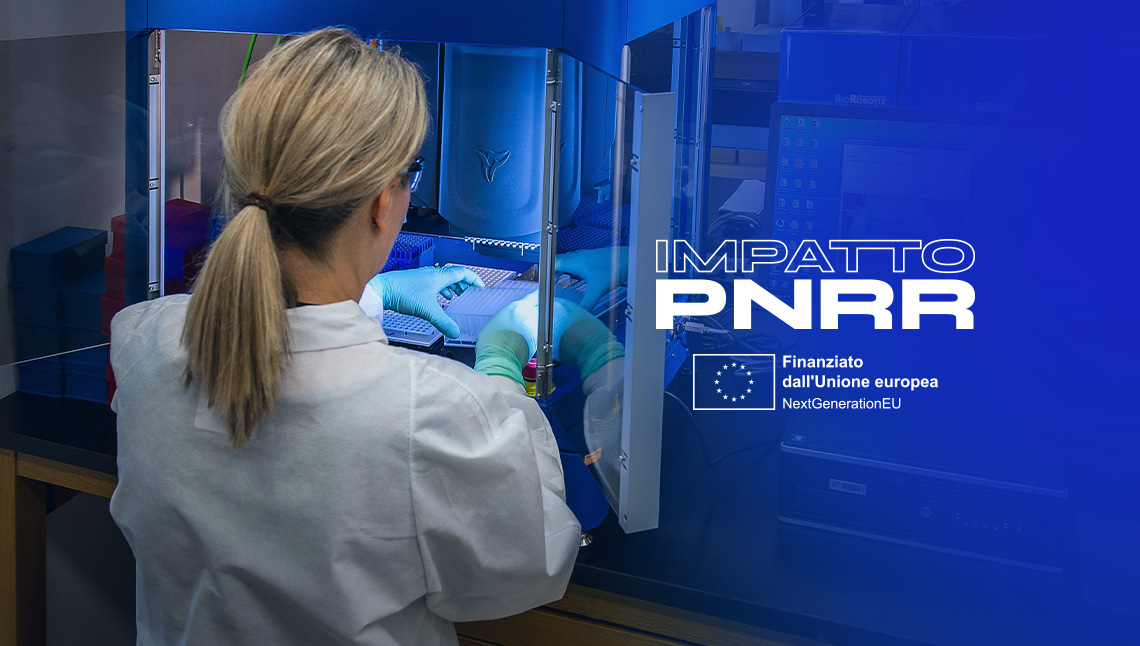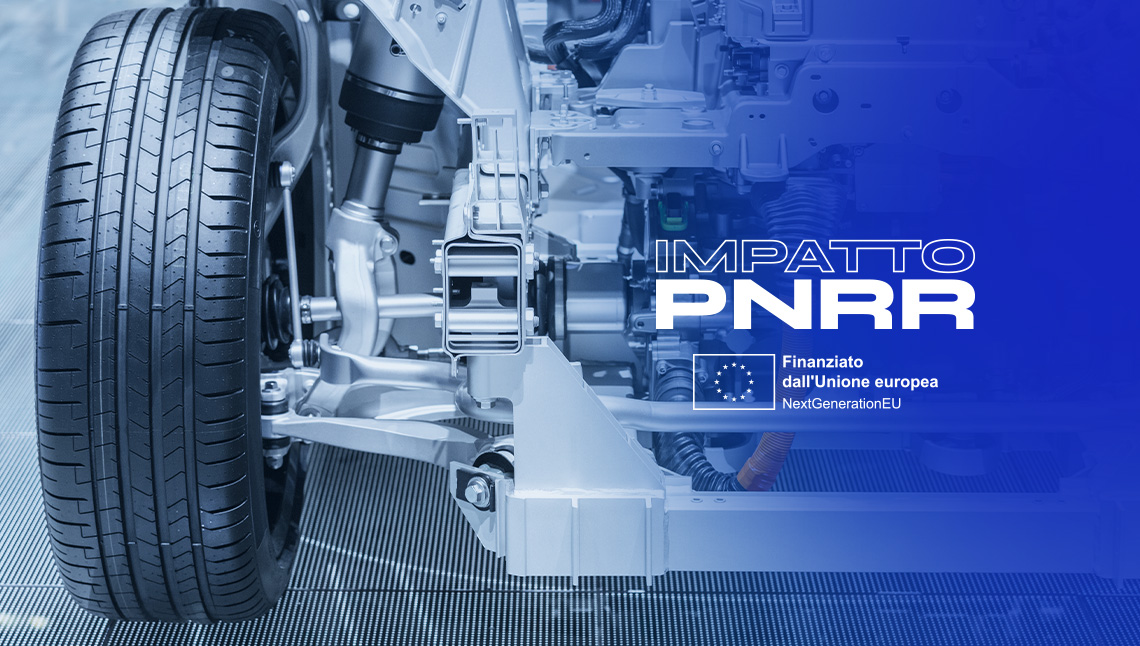
PNRR: The Politecnico takes part in the NoMaH project
The NoMaH - Novel Materials for Hydrogen Storage project - coordinated by the University of Calabria and involving the Politecnico di Torino, Politecnico di Bari, Alma Mater Studiorum di Bologna and Rina Consulting - came first in the list of proposals accepted for funding by the Ministry of Ecological Transition (Mite) concerning the thematic area of “Innovative technologies for hydrogen storage and transport and its transformation into derivatives and e-fuels” under the National Recovery and Resilience Plan PNRR.
The amount financed is €3,128,012.47 out of a total call budget of 20 million euros reserved for public research institutions, 40% of which is reserved for those in southern Italian regions.
The Politecnico di Torino is taking part in the project team with the DENERG Energy Department, the Interdepartmental Energy Centre “Energy Centre Lab” and the research group of the DISAT Department of Applied Science and Technology coordinated by Professor Alessandro Monteverde, which will work on the development of a new compact reactor for cracking ammonia with the aim of decentralising hydrogen production. For DENERG, Professor Andrea Lanzini and Dr. Francesco Demetrio Minuto will develop the scale-up of a hybrid hydrogen storage system based on solid matrices, and its potential application in stationary civil and industrial applications.
Hydrogen research is essential to achieve the decarbonisation and energy independence goals required by the current global geopolitical context: the main objective of the NoMaH project is to stimulate the production and consumption of hydrogen through research and development of new technological solutions for its storage. NoMaH thus aims to respond to the real energy needs of small production districts and “energy communities”, associations of citizens, public administrations and enterprises that aim at the production of “zero kilometre” energy.
Moreover, as far as hydrogen is concerned, the gap between existing technologies for its storage and the safety, flexibility, compactness and environmental sustainability requirements for its use is still enormous. In order to reduce this gap, the project envisages the adoption of a multi-disciplinary approach that, by combining the partners’ knowledge in the field of materials science and engineering, will enable the development of new materials and devices to obtain small and medium-sized hybrid storage systems, capable of operating under conditions that minimise energy costs and safety issues in their use.





